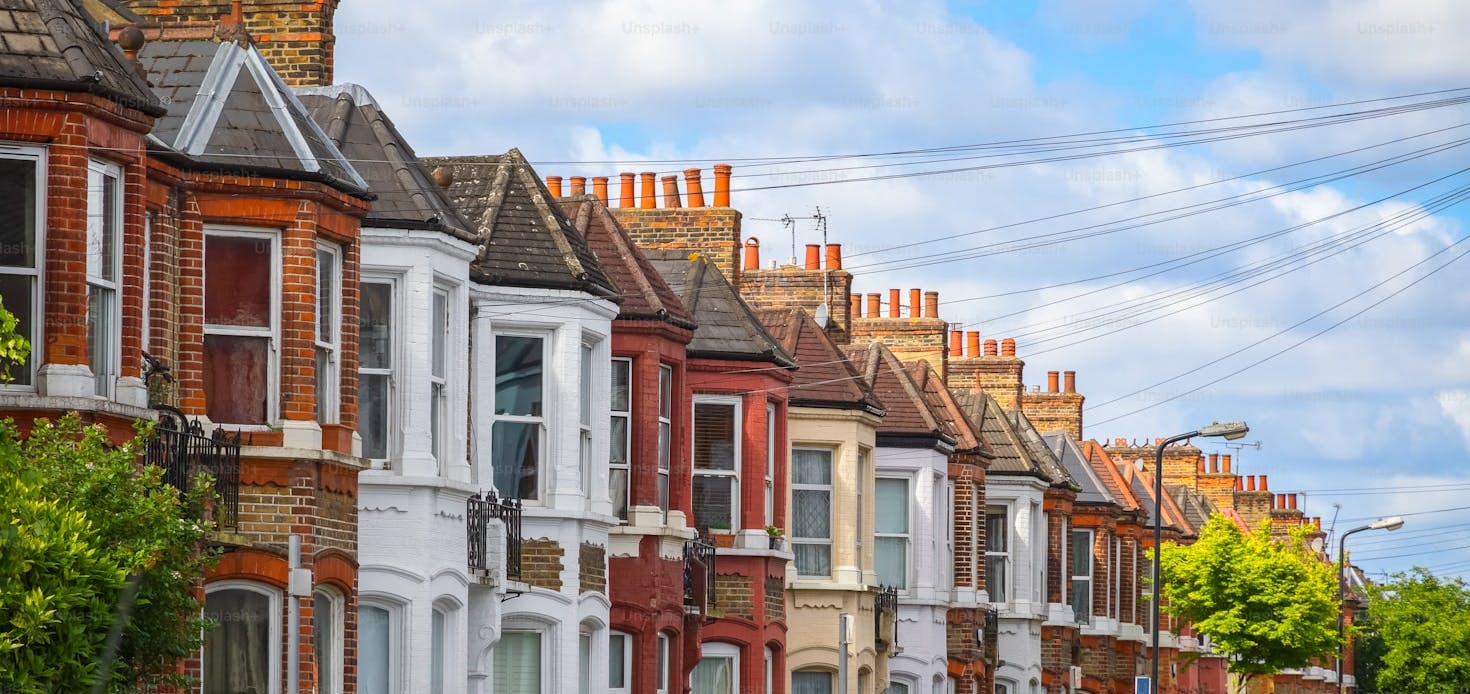Understanding the Cost Implications, Impact on Net Zero, and Future Alternatives
As the UK accelerates its transition to a smarter, greener energy system, one long-standing electricity tariff is set to be phased out: Economy 7. By 2030, this time-of-use tariff will be retired, marking a significant shift in how households manage energy consumption and costs.
What is Economy 7?
Economy 7 is a legacy electricity tariff that offers cheaper rates for seven hours overnight, encouraging the use of energy during off-peak periods. It has traditionally been popular among households using storage heaters and electric hot water systems, helping to balance grid demand by shifting usage away from peak times.
Why is Economy 7 Being Removed?
The tariff, while once innovative, is now considered outdated and inflexible. It doesn’t reflect real-time energy prices or the carbon intensity of electricity generation. The UK’s move toward smart metering and dynamic pricing models is rendering Economy 7 obsolete. Its removal supports broader goals of modernising the energy market and achieving Net Zero emissions.
Cost Implications for Consumers
🔺 Potential Bill Increases
Households that rely on storage heaters or other off-peak systems may face higher electricity bills without the benefit of Economy 7’s discounted night rates.
🔻 Mitigating Factors
However, smart tariffs—which adjust prices based on real-time demand and supply—can offer comparable or even greater savings. When paired with smart appliances and time-conscious energy use, consumers can still manage costs effectively.
💷 Upfront Costs
Transitioning may require:
- Installation of smart meters
- Upgrades to heating systems or appliances
Impact on Net Zero Goals
✅ Benefits
- Dynamic tariffs better align with low-carbon electricity generation
- Encourage flexible, efficient energy use
- Support integration of renewables like wind and solar
⚠️ Risks
- A poorly managed transition could lead to increased peak demand
- Vulnerable consumers may struggle without targeted support
Alternatives to Economy 7
As we move beyond Economy 7, several modern solutions are emerging:
- 🔄 Smart Time-of-Use Tariffs: Real-time or block-based pricing (e.g., Octopus Agile)
- 🚗 EV-Specific Tariffs: Tailored for overnight vehicle charging
- 🔋 Battery Storage + Solar: Store cheap or self-generated electricity
- 🔥 Heat Pumps with Smart Controls: Efficient and adaptable to time-based pricing
Policy and Consumer Support
🏛️ Government and Supplier Actions Needed
- Clear, accessible public communication
- Financial support for heating and appliance upgrades
- Accelerated smart meter rollout
- Consumer education on new tariff options
📣 Equity Focus
- Protect vulnerable groups during the transition
- Ensure fair access to smart tariffs and technologies
Summary
The end of Economy 7 by 2030 is a pivotal step in the UK’s journey toward a smarter, more sustainable energy future. While some households may face short-term cost increases, the long-term benefits of dynamic pricing, renewable integration, and consumer empowerment are clear. With the right support, this transition can be fair, green, and cost-effective for all.





